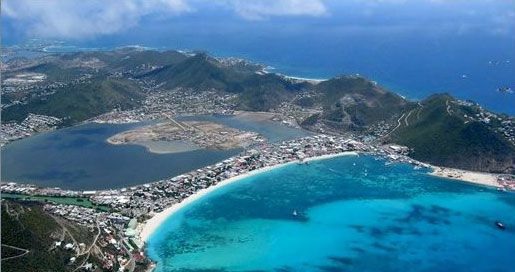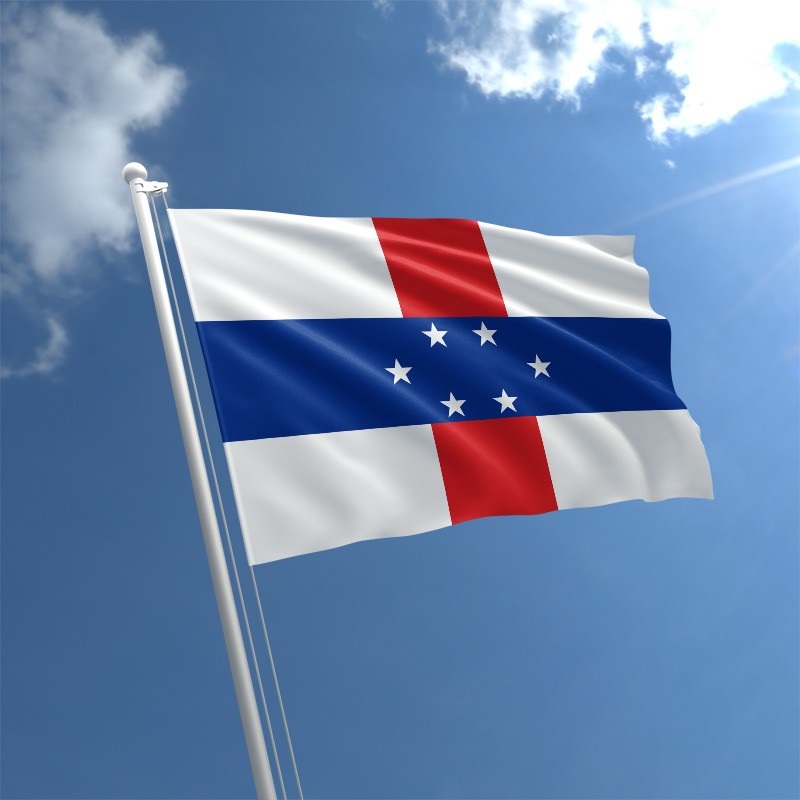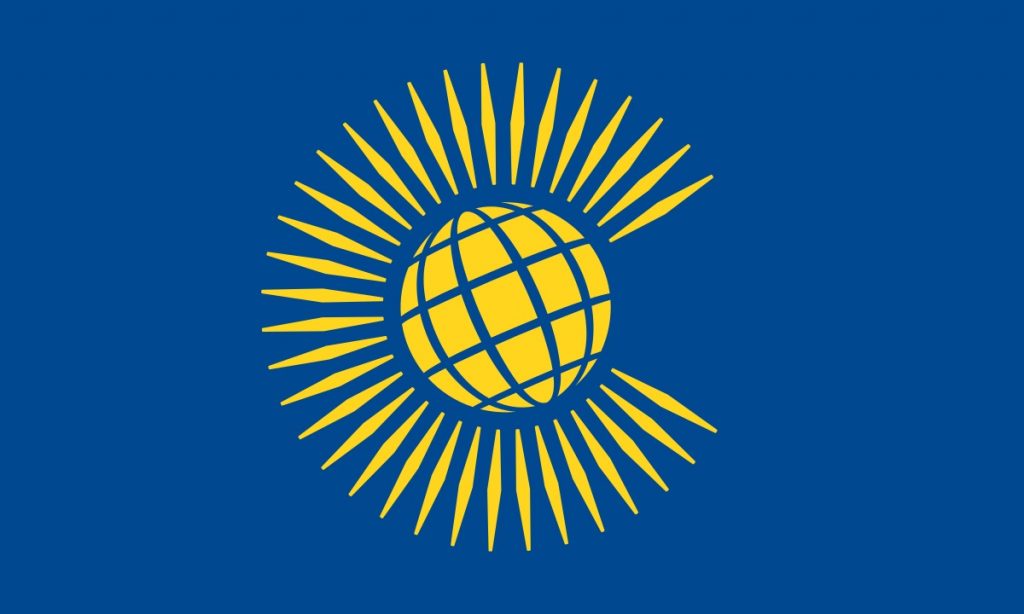Is a Dutch commonwealth the future?

PHILIPSBURG — MP Grisha Heyliger-Marten’s has put decolonization once more on the political agenda; reason for StMaartenNews.com to look at available alternatives for St. Maarten’s current constitutional status. How do you go from autonomy – with supervision over your finances and your judicial system – towards a system whereby you have a bigger say without going completely independent?
Maybe the answer lies within in an initiative of the Dutch parliamentarians Andre Bosman (VVD) and Ronald van Raak (Socialist Party). Their proposal for the establishment of a commonwealth as an alternative for the current Kingdom of the Netherlands has met with little enthusiasm in the past but given the sudden renewed interest in a possible review of the Kingdom Charter – in The Hague and in Philipsburg – it is worth taking a closer look at the commonwealth plan that Bosman and Van Raak presented in an initiative memorandum during the 2012-2013 parliamentary year.

The memorandum opens with a historical review. The West Indian Company conquered the Netherlands Antilles in 1634 at the expense of the Spaniards. It took more than 300 years before Queen Juliana signed the current Kingdom Charter on December 15, 1954; “With that the colonial status ended,” the memorandum states.
The signatories to the charter were the Netherlands, Suriname and the Netherlands Antilles. On November 5, 1975, Suriname became independent and on January 1, 1986, Aruba obtained its status aparte. Plans to go for full independence per January 1, 1996, were withdrawn by Aruba in 1994. Curacao and St. Maarten became autonomous countries within the kingdom on October 10, 2010. Maybe an idea to inquire in Oranjestad why Aruba took a raincheck on independence and what the current sentiment about this topic is.
The road towards country status began with a referendum in 2000 when nearly 70 percent of the voters in St. Maarten supported the idea of becoming a country within the kingdom. The so-called Slotverklaring of November 2, 2006, established that under the autonomous status the Kingdom would remain responsible for defense, foreign affairs, Dutch citizenship, and admission and expulsion. The kingdom would also guarantee the protection of human rights, freedoms, and legal security as well as good governance.
It all sounded good at the time and St. Maarten fought long and hard to obtain country status, but it turned out over the years to be too good to be true. The decade-long fight over a dispute regulation and several instructions from The Hague have made clear that St. Maarten hardly ever sees eye to eye with its big brother on the other side of the ocean.
“The relationship between the Netherlands and the Caribbean countries is absolutely not equal,” Bosman and Van Raak wrote in their memorandum. The reason: the Dutch majority in the Kingdom Council of Ministers. When push came to shove, the Netherlands always had the upper hand.
“That could not be any other way,” the memorandum states. “The interests of 16 million (now more than 17 million) Dutch citizens carry more weight than the interests of 300,000 Caribbean Dutch citizens.”
So far, there is nothing new. Bosman and Van Raak refer in their proposal to article 43 of the Kingdom Charter as their bone of contention. Paragraph 1 of this article states that each country takes care of the realization of fundamental human rights and freedoms, legal security and good governance. Paragraph 2 adds that guaranteeing these rights and good governance is the responsibility of the Kingdom.
That’s where things become awkward: “At first the countries are responsible but the final responsibility lies with the kingdom – and therefore with the Netherlands. Therefore, there can never be autonomy because the majority in the Kingdom Council of Ministers decides. There is also no autonomy for the Netherlands with the guarantee function; it does not establish when the kingdom has to intervene or with which measures.”

Bosman and Van Raak have expressed their frustration with the Kingdom Charter on several occasions over the years. They consider the charter as obsolete and they do not favor adjustments to the current charter. Instead, they say in their proposal, it should be replaced by the Charter of the Dutch Commonwealth. “It must be a clear document that leaves no room for misunderstandings. The Kingdom Charter does not do justice to the right to self-determination of the countries.”
Within such a commonwealth-structure all participating countries are “completely independent and equal,” the proposal states. “The Netherlands, Curacao, Aruba, and St. Maarten become independent sovereign states, and all constitutional obligations and kingdom laws expire.”
What is in it for the Netherlands? The memorandum: “This means that the Netherlands is no longer responsible for the islands and that is can also no longer intervene. Thus the last colonial legacy becomes a thing of the past.”
Within a commonwealth, the Netherlands will still be there to support the islands if necessary, but it will also have the option to refuse assistance when there is no joint responsibility.
Bosman and Van Raak mention several advantages of the commonwealth-structure. The countries will become truly independent without higher supervision; they will have full control over their own revenue and expenditures; they will have their own seat in the United Nations; they will have their own head of state and they will be able to conduct independent domestic and foreign policies; furthermore, they will acquire their own nationality and passport while they will still be able to make use of Dutch embassies. The King could become head of the commonwealth.
What are the disadvantages of a commonwealth structure? Bosman and Van Raak don’t mention any in their proposal. They only look at the bright side: “In the commonwealth we step over the shadows of the colonial past and we will work together, equal and independent.”
Does this sound like a solution for St. Maarten’s constitutional future? Do you see any disadvantages – warning signals that this is a bad idea? Feel free to share your views with our readers.
###
[Publisher’s Note: This forum is open for discussion. Readers wishing to comment can login and place a comment below. Else, email info@stmaartennews.com or whatsapp +1-721-588-0800 if you wish to have your comments placed but remain anonymous. We wish to focus on the content of the debate and not on the persons. The message is important, not perse the messenger.]
###
Related articles:
Letter to the Editor: “What does commonwealth mean?“



























You asked for comments. I can give you my impartial view for both sides privately here and try to keep it short. I’m not a favorite of the Dutch at all. SXM is a liability for the Dutch. A bottomless pit with regards to finances. Stories that the Dutch wants to take over and have the island back? Why would they? It only is a nuisance and it costs them. And typically, the Dutch are cheap anyway.
However, SXM should think things over seriously and without emotions. Own nationality and passports, mean needing visas to travel abroad. Having diplomatic and consular representation cost a lot of money. What good is having a say in the United Nations when it only costs money and it has no tangible advantages. Having a new foreign department means more civil servants that need to be paid. SXM is already not part of the EU, it would now distance itself more.
Stories like Brison going to European High Court to get bank accounts for everyone because it would be a human right. European regulations don’t apply to SXM anymore.
International human rights regulations with regards to the prison situation? It’s SXM’s business and Dutch cannot be blamed or be held responsible.
Own defense and own coast guard cost a lot of money. Having their own judges; where do they come from and how impartial will they be? I don’t know who is paying for the judges now, but assume that there will be additional costs and lawyers are not cheap.
At the moment, the country is virtually broke. It has high debts and will have a hard time to get loans etc. at a reasonable rate.
Just looking at these few points, the odds of being successful are against SXM.
In the past ten years, SXM has not been able to bring their finances in order nor has it proven that its political system is stable.
Priority number one at this time is to get the finances in good order to be able to pay for the impact of independence. And at this time and situation, it looks very bleak or severely bleak that such will happen.
Coming up with assumptions that are not realistic or not based on facts is dangerous.
I would hope these comments are a good starter and intrigue readers to get involved in the discussion.
[Commenter is known to the Publisher; however, wishes to remain anonymous.]
From our Facebook page at https://www.facebook.com/StMaartenNewsDotCom/posts/2413112162315009
“How about we ask Saba and Statia and discuss the pros and cons. Ask a respected person in the community and not a politician.”
– Micheal van Grieken, local businessman
Letter to the Editor from G.B. van der Leest (resident SXM since 2012): “What does commonwealth mean?“